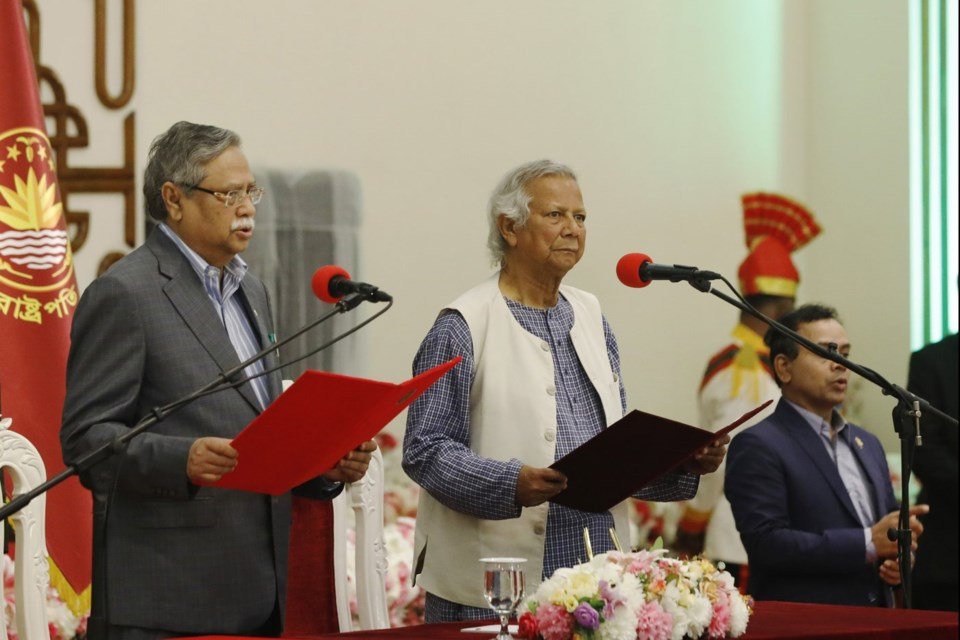Interim Government's First 100 Days: How Successful Has It Been in Meeting Public Expectations?
The International Crisis Group (ICG) has published a report marking the first 100 days of Bangladesh's interim government, highlighting the significant challenge it faces in meeting the sky-high expectations of the public. According to the report, failing to meet these expectations could lead Bangladesh back to its previous state, with the possibility of the military taking power.
Interim Government's First 100 Days: How Successful Has It Been in Meeting Public Expectations?
The report, titled "A New Era in Bangladesh? The First Hundred Days of Reform," released on November 14, notes that while the government, led by Chief Advisor Professor Muhammad Yunus, has garnered substantial public support so far, there are doubts about whether this support can be sustained in the long term. The government emerged after a popular uprising that ended a period of authoritarian rule. However, despite initial enthusiasm, it has yet to fully earn the trust and confidence of the people.
Professor Yunus' government is faced with the enormous task of ending the destructive political system of the past, which saw mass fear, distrust, opposition suppression, human rights abuses, and allegations of corruption under the long tenure of former Prime Minister Sheikh Hasina. The interim government’s primary responsibility is to restore democratic processes and rebuild the shattered political system.
However, the ICG report reveals that, in the first 100 days, the government has failed to implement balanced democratic reforms. Efforts to recover illicit wealth and bring fascist leaders to justice have not been enough to stabilize the law and order situation. Bureaucratic instability, hesitation in decision-making, and a lack of improvement in the business environment have limited the government’s effectiveness.
While Professor Yunus has received international acclaim for his leadership, there has been no professional dialogue on foreign policy, leaving a significant void in the country’s new foreign relations. The lack of direct dialogue with the people, absence of efforts to address social reparations, and delays in building political consensus are further obstacles to securing a democratic future.
Analysts believe the biggest challenge for Yunus' government will be to implement reforms in a permanent and effective manner. The future of the government will depend on its ability to gain the trust of the country’s youth and take decisive actions to prevent a return of fascist rule.
The decisions made by the interim government in the coming days will be crucial for maintaining public trust and establishing a strong democratic system in Bangladesh.










